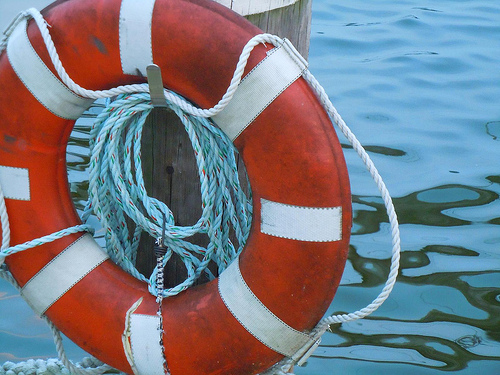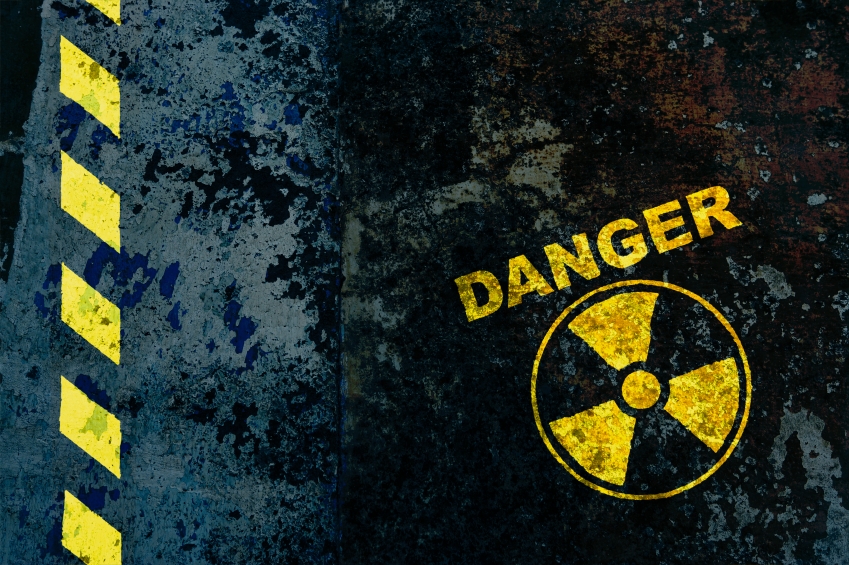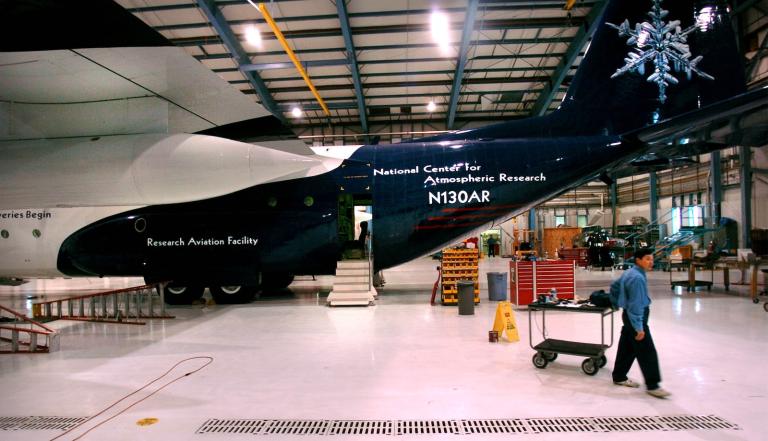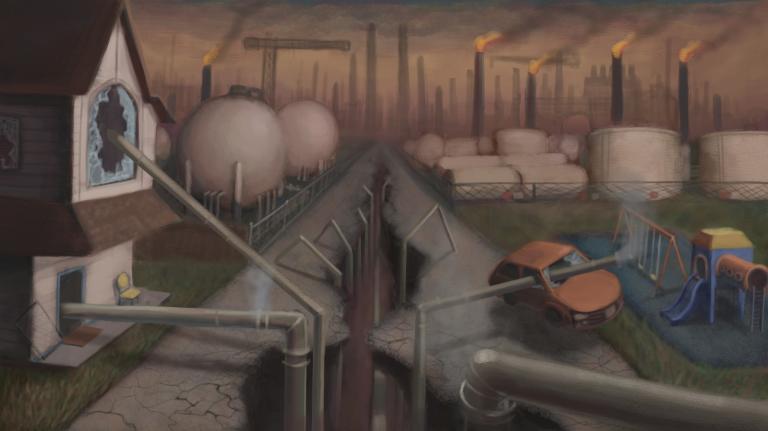The AP reports that 180,000 Japanese are fleeing amid fears of “multiple reactor meltdowns.” In the U.S., Sen. Joe Lieberman (I-Conn.) says we should “put the brakes” on new nuclear power plants.
The estimated death toll from Japan’s disasters climbed past 10,000 Sunday as authorities raced to combat the threat of multiple nuclear reactor meltdowns and hundreds of thousands of people struggled to find food and water. The prime minister said it was the nation’s worst crisis since World War II.
Nuclear plant operators worked frantically to try to keep temperatures down in several reactors crippled by the earthquake and tsunami, wrecking at least two by dumping sea water into them in last-ditch efforts to avoid meltdowns.
The situation in Japan is moving quickly and getting worse. The nuclear savvy French “recommended its citizens leave the Tokyo region of Japan on Sunday, citing the risk of further earthquakes and uncertainty about the situation at its damaged nuclear plants.”
Here’s AP’s 5:52 EDT Sunday update, on how “180K flee as Japan’s nuke-plant crisis intensifies“:
Japanese officials warned of a possible second explosion Sunday at a nuclear plant crippled by the earthquake and tsunami as they raced to stave off multiple reactor meltdowns, but they provided few details about whether they were making progress. More than 180,000 people have evacuated the area, and up to 160 may have been exposed to radiation ….
Operators have lost the ability to cool three reactors at Dai-ichi and three more at another nearby complex using usual procedures, after the quake knocked out power and the tsunami swamped backup generator ….
Up to 160 people, including 60 elderly patients and medical staff who had been waiting for evacuation in the nearby town of Futabe, and 100 others evacuating by bus, might have been exposed to radiation, said Ryo Miyake, a spokesman from Japan’s nuclear agency ….
Officials, though, have declared states of emergency at the six reactors where cooling systems were down — three at Dai-ichi and three at the nearby Fukushima Daini complex. The U.N. nuclear agency said a state of emergency was also declared Sunday at another complex, the Onagawa power plant, after higher-than-permitted levels of radiation were measured there. It said Japan informed it that all three reactors there were under control.
A pump for the cooling system at yet another nuclear complex, the Tokai Dai-Ni plant, also failed after Friday’s quake but a second pump operated normally as did the reactor, said the utility, the Japan Atomic Power Co. It did not explain why it did not announce the incident until Sunday ….
This sounds a lot like Three Mile Island, in terms of authorities holding back information.
Hidehiko Nishiyama, a senior official of the Economy, Trade and Industry Ministry, indicated the reactor core in Unit 3 had melted partially, telling a news conference, “I don’t think the fuel rods themselves have been spared damage,” according to the Kyodo News agency.
A complete meltdown — the melting of the radioactive core — could release uranium and dangerous contaminants into the environment and pose major, widespread health risks.
The steel reactor vessel could melt or break from the heat and pressure. A concrete platform underneath the reactor is supposed to catch the molten metal and nuclear fuel, but the intensely hot material could set off a massive explosion if water has collected on the platform. Radioactive material also could be released into the ground if the platform fails.
Here’s a video from ITN:
And here’s the Lieberman story from Reuters:
The United States should “put the brakes on” new nuclear power plants until fully understanding what happened to the earthquake-crippled nuclear reactors in Japan, the chairman of the U.S. Senate’s homeland security panel said on Sunday …. ”I don’t want to stop the building of nuclear power plants,” independent Senator Joe Lieberman, chairman of the Senate Homeland Security and Governmental Affairs Committee, said on the CBS program “Face the Nation.”
“But I think we’ve got to kind of quietly put, quickly put the brakes on until we can absorb what has happened in Japan as a result of the earthquake and the tsunami and then see what more, if anything, we can demand of the new power plants that are coming on line,” Lieberman added.
Lieberman, an influential voice in the U.S. Congress on domestic security matters, described himself as a “big supporter of nuclear power because it’s domestic, it’s ours and it’s clean.” He also touted “a good safety record” with nuclear power plants in the United States.
Nuclear power is controversial because of its radioactive waste, which is now stored on site at reactor locations around the country. Remembering the 1979 accident at the Three Mile Island nuclear power plant in Pennsylvania, many Americans still harbor concerns about nuclear power’s safety.
U.S. President Barack Obama has argued that the United States must increase its supply of nuclear power to meet its energy needs and fight climate change. In February 2010, Obama announced $8.3 billion in loan guarantees to build the first U.S. nuclear power plant in nearly three decades.
The government backing will go to help Southern Co build two reactors at a plant in the U.S. state of Georgia ….
Lieberman noted there are 104 nuclear power plants in the United States, and that about 23 of them are built according to designs similar to the nuclear power plants in Japan that are now the focus of the world’s concern.
How reassuring!




